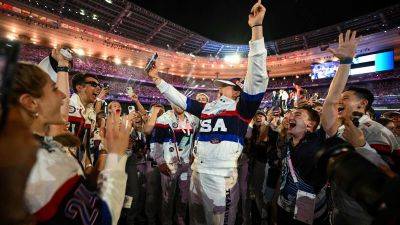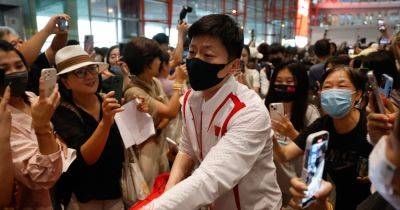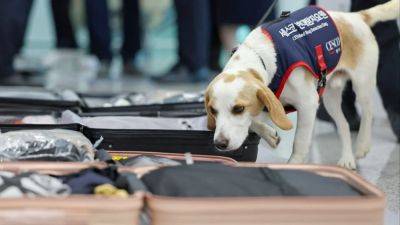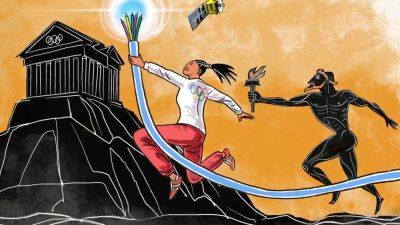Olympic gaffes over Chinese names, South Korea show more effort needed in diversity push
One of the most mispronounced Chinese names during the Paris Olympics must be that of Chinese table tennis player Wang Chuqin.
In various announcements made during the recently concluded Games, Wang’s full name had been pronounced either as “Wang Chu-king”, “Wang Ching-kuang”, or “Wang Chang-kuang”.
The pronunciations that drew the most chuckles among Chinese netizens include “Wang Qin-qin” (which means “dear” or “to kiss” in Chinese) and “Wang Chu-qu” (or “Wang, get out!”).
The mispronunciations occurred even though Wang had earlier recorded the pronunciation of his name – which sounds similar to “Wang Chu-chin” – and which can be found on the Games’ website.
The same happened to his table tennis compatriot Fan Zhendong who was called “Pang Cheng-tong”, which amused many Chinese netizens as it sounded like “fat like a barrel” in Chinese.
Female table tennis player Wang Manyu too had her name mangled – she was referred to as “huang menyu” which sounded like “braised fish” in Chinese.
Other names mispronounced include springboard diver Quan Hongchan, where Quan (pronounced “chuen”) was at least consistently pronounced as “Kuan”.
Chinese names have, for the longest time, been mispronounced by non-Chinese speakers who struggle particularly with names containing the letters “z”, “x” or “q” and when these have morphed to become “zh”,“xu”, “xun”, “qu”, “qiu” or “qun”.
I dread to think how the French announcers would pronounce the name “Zhuge Xuequn”.
In defence of “Quan” being pronounced “Kuan”, a non-Chinese friend asked: isn’t Singapore swimmer Quah Ting Wen’s family name pronounced “Kwa” or “Kuah”?
“I didn’t make up the rules,” I said, shrugging.
Mainland Chinese names follow the standardised pinyin system, whereas some names







